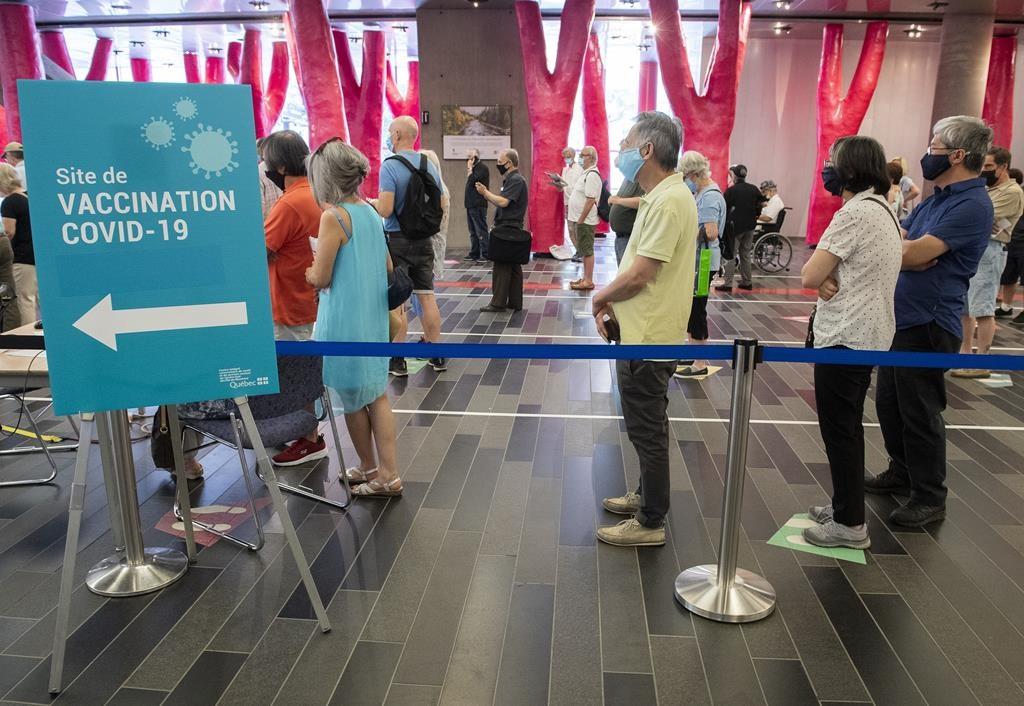Data collected in a study on COVID-19 vaccination side effects shows that for every 45 doses administered, there was one self-report of a symptom affecting the cardiorespiratory system, such as heart palpitations, chest tightness or pain, or breathing difficulty.
The results of the study were published in March in the journal Clinical Infectious Diseases by researchers from the government-funded Canadian National Vaccine Safety (CANVAS) Network.





